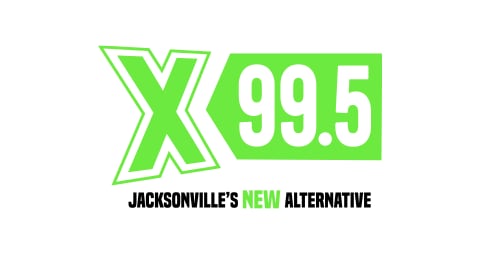A new report from a whistleblower and four nonprofit groups claims Instagram is dangerous for teens and that changes that Meta has made have not gone far enough to protect young users.
Meta, however, has fired back, saying that the report issued this week was “misleading, dangerously speculative.”
The report was published by former Meta employee and whistleblower Arturo Bejar and four nonprofits — Cybersecurity For Democracy at New York University, Northeastern University, Molly Rose Foundation and ParentsSOS, The Associated Press reported.
Teen accounts were rolled out to Instagram in 2024 and then this year for Facebook and Messenger, the BBC reported.
Bejar’s analysis says that the company did not take “real steps” to address safety concerns, instead opting for “splashy headlines about new tools for parents and Instagram Teen Accounts for underage users,” the AP said.
Researchers used fake teen accounts to evaluate the tools, the BBC reported.
He claims that eight of the 47 of 53 tools tested were effective, Reuters reported. Bejar only looked at the platform’s design, not content moderation.
But Meta says that Bejar’s report misrepresents the changes the company has made.
The company went as far as to say it was “misleading, dangerously speculative” and undermines “the important conversation about teen safety.”
“This report repeatedly misrepresents our efforts to empower parents and protect teens, misstating how our safety tools work and how millions of parents and teens are using them today. Teen Accounts lead the industry because they provide automatic safety protections and straightforward parental controls,” Meta said, the AP reported. “The reality is teens who were placed into these protections saw less sensitive content, experienced less unwanted contact, and spent less time on Instagram at night. Parents also have robust tools at their fingertips, from limiting usage to monitoring interactions. We’ll continue improving our tools, and we welcome constructive feedback — but this report is not that.”
The company said the report rates the tools on what the report’s authors want the tools to do, not what they promised to do.
© 2025 Cox Media Group




